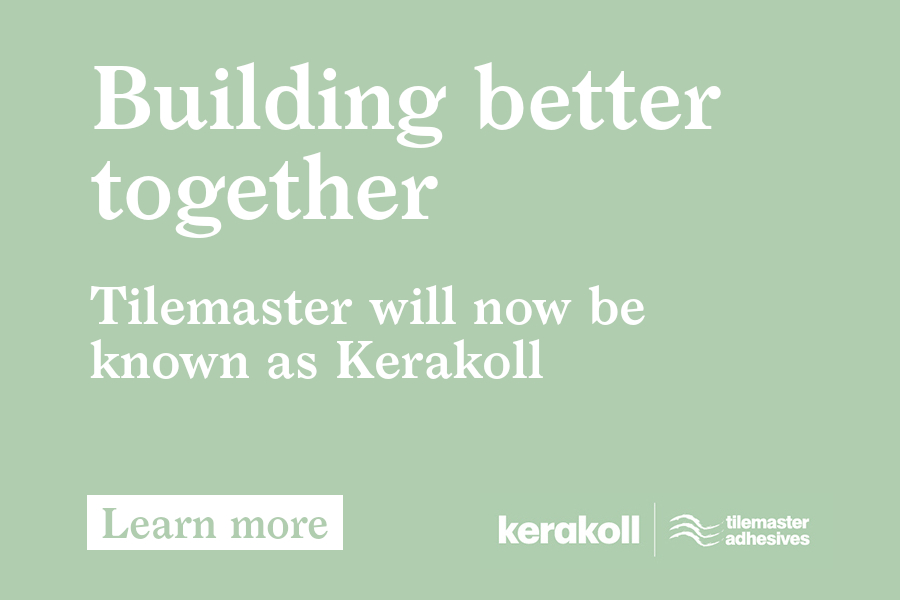SUSTAINABILITY is an essential issue for many organisations, especially when planning refurbishments. Here I’ll look at the factors to consider when choosing sustainable floorcoverings, while exploring the benefits of linoleum and how it’s the perfect solution for your environmentally conscious customers.
The environmental credentials of flooring products have never been more important. And as a significant part of any building, the correct choice of flooring can make a substantial difference to the overall environmental impact of the building. But what should you consider when choosing a sustainable floorcovering?
The first consideration is the raw materials used in the product’s manufacturing. Linoleum is a great example, as it is generally manufactured using a large proportion of natural materials, many of which are renewable, including flax, jute, linseed oil, wood flour, and pine rosin. However, it is also important to look for products with ingredients that have been sustainably sourced, as well as recycled content. For example, Forbo’s linoleum brand, Marmoleum, is made from 97% natural raw materials, of which 62% are renewable, contains wood flour and pine rosin from sustainably managed forestry plantations, and 43% reused and recycled content.
Furthermore, it is important to consider the carbon footprint of the products chosen, especially as the concept of embodied carbon has gained increased attention. Embodied carbon is the CO2 emissions associated with the materials and construction processes used throughout the whole lifecycle of a building. Estimates from the Royal Institute of British Architects (RIBA) suggest that for a typical office building the embodied emissions could be as much as 67% of the building’s total lifetime carbon footprint, with almost half of this (32%) being emissions associated with repairs, maintenance, and refurbishments.
The materials used, how, and where they are sourced, type and quantity of energy consumed, and the manufacturing process all have an effect on the embodied carbon of a floor covering. Awareness of a product’s environmental impacts is increasing, primarily through production of Environmental Product Declarations (EPD). This should also include a Life Cycle Assessment (LCA) that assesses the production (including raw material extraction), transportation, installation, use, and end-of-life phases. The scope of Forbo’s EPDs is extended through the inclusion of a transparent declaration of the impact on human health and eco-toxicity.
Product manufacturers have greatest control over embodied carbon in the cradle to gate phase of the product life cycle (A1-A3) – in simplistic terms, the lower the number the less embodied carbon that is generated.
The use of plant-based ingredients that remove CO2 from the atmosphere while growing will reduce the embodied carbon, as will the use of renewable energy in the manufacturing process. For example, Marmoleum is carbon neutral without offsetting (weighted average of the Marmoleum portfolio, cradle to gate), confirmed by an independent EPD. This means that using Marmoleum on a 10,000sq m project could equate to a 66,200kg/CO2 saving when compared to a PVC vinyl floor.
In addition, selecting a product with a long projected lifespan is also essential for sustainability.
Linoleum is a hardwearing option that is easy to clean and maintain but selecting a product with a high performance lacquer can extend the lifespan further. For example, the now standard Topshield Pro lacquer used on Marmoleum means it’s more resistant to wear-and-tear, as well as stains – offering protection that’s independently verified to be three times better than its predecessor.
The nature of linoleum means that it’s a suitable option for projects that prioritise sustainability.
However, looking carefully at the product is essential to ensure the environmental impact of the installation is minimised.
To find out more about Forbo’s Marmoleum collection visit:
www.forbo-flooring.co.uk/marmoleum
www.forbo-flooring.co.uk
Mark Bauer is environmental specialist at Forbo Flooring Systems


